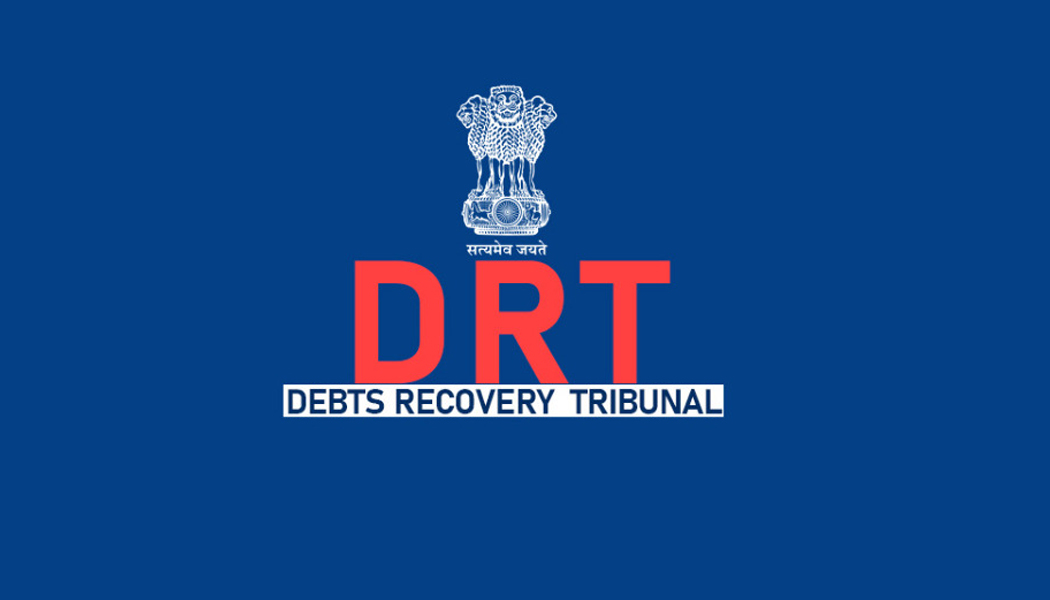
Is loan default a criminal offence?
Loan default itself is generally not considered a criminal offense in most jurisdictions. Instead, it is usually treated as a civil matter, meaning that it is dealt with through civil courts and processes rather than criminal courts. However, there are some important nuances and factors to consider:
Civil vs. Criminal Offense:
Loan default refers to the failure of a borrower to make timely payments on a loan as agreed upon in the loan agreement. When a borrower defaults on a loan, the lender typically has legal remedies to try and recover the owed amount, such as seizing collateral or taking legal action to garnish wages or bank accounts. These processes are handled in civil courts and are governed by civil laws.
Criminal Aspects:
In some cases, loan default can potentially lead to criminal charges, but this usually involves intentional and fraudulent actions rather than simple failure to make payments. For example:
- Fraudulent Loan Procurement: If a person obtains a loan through false information, forgery, or other fraudulent means, this could lead to criminal charges such as fraud, identity theft, or forgery, depending on the jurisdiction’s laws.
- Loan Embezzlement: If a person takes out a loan with the intent of misusing the funds or diverting them for personal gain instead of using them for the intended purpose, this could potentially lead to criminal charges related to embezzlement or misappropriation of funds.
- Ponzi Schemes: In cases where individuals or businesses engage in large-scale financial schemes with the intention of defrauding investors, creditors, or lenders, there can be criminal consequences for the orchestrators. While this isn’t strictly loan default, it involves financial deception.
Debt Collection Laws and Practices:
Lenders have various legal avenues to recover defaulted loans, including pursuing legal action, engaging debt collection agencies, or working out repayment plans. These processes are typically regulated by specific debt collection laws and consumer protection laws, which vary from country to country.
Impact on Credit Score and Civil Consequences:
While loan default itself might not be a criminal offense, it can have serious civil consequences. Defaulting on loans can lead to:
- Negative Impact on Credit Score: Loan default can severely damage a borrower’s credit score, making it difficult to obtain credit in the future and potentially impacting other aspects of their financial life.
- Legal Action: Lenders can take legal action to recover the defaulted amount, which may involve court proceedings, judgments, and potential seizure of collateral.
- Collection Activities: Debt collectors may be engaged to pursue repayment. While these activities are subject to regulations and laws, aggressive or illegal collection practices can occur.
Recent Legal Changes:
Laws and regulations can change over time, so it’s important to consult legal experts or a DRT Lawyer in Indore for recent legal sources to get the most up-to-date information about the legal treatment of loan defaults in your jurisdiction.
Remember that this information is not legal advice. If you are facing issues related to loan default, it’s crucial to consult with a legal professional or a DRT Lawyer in Indore who is knowledgeable about the laws and regulations in your jurisdiction.
